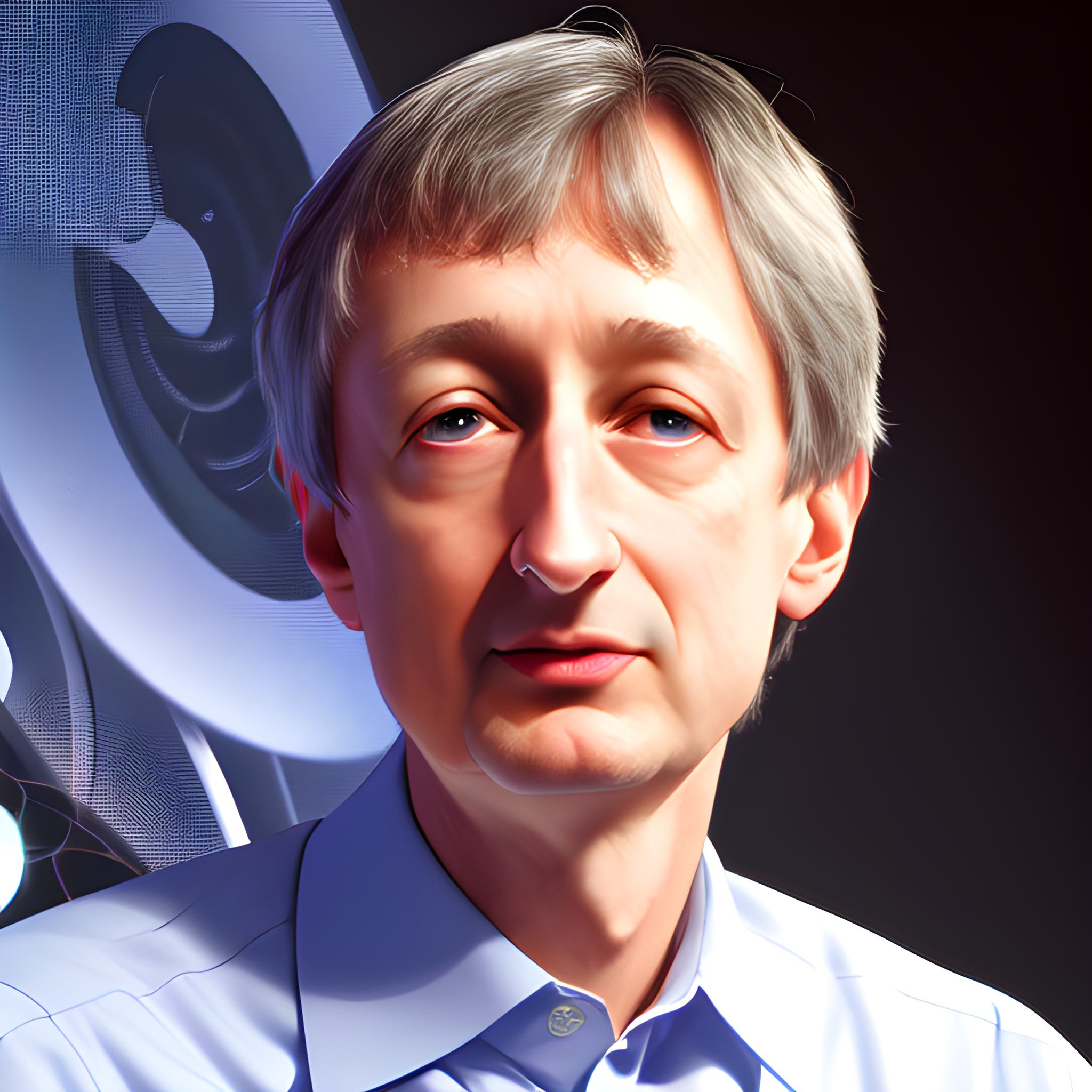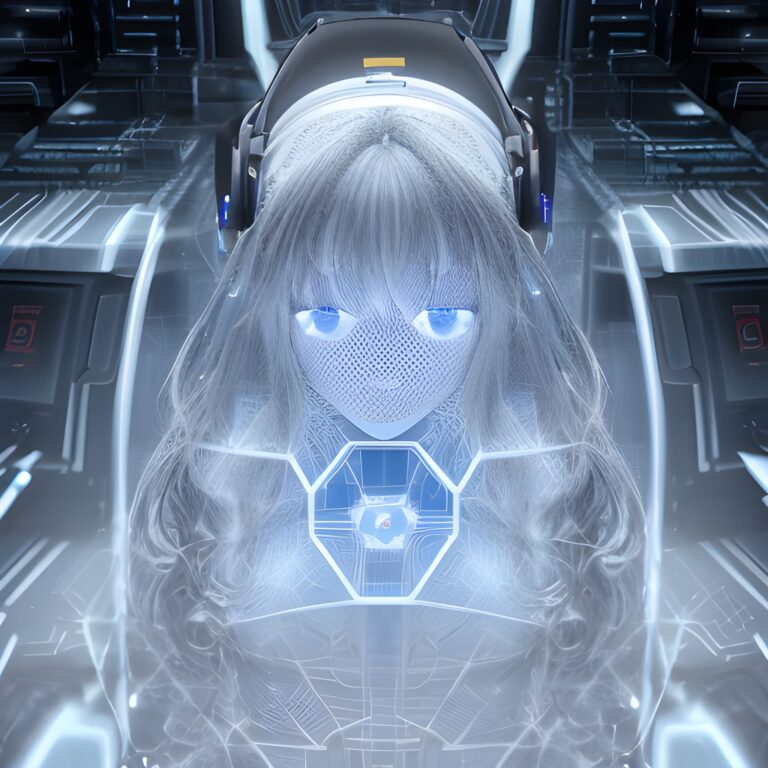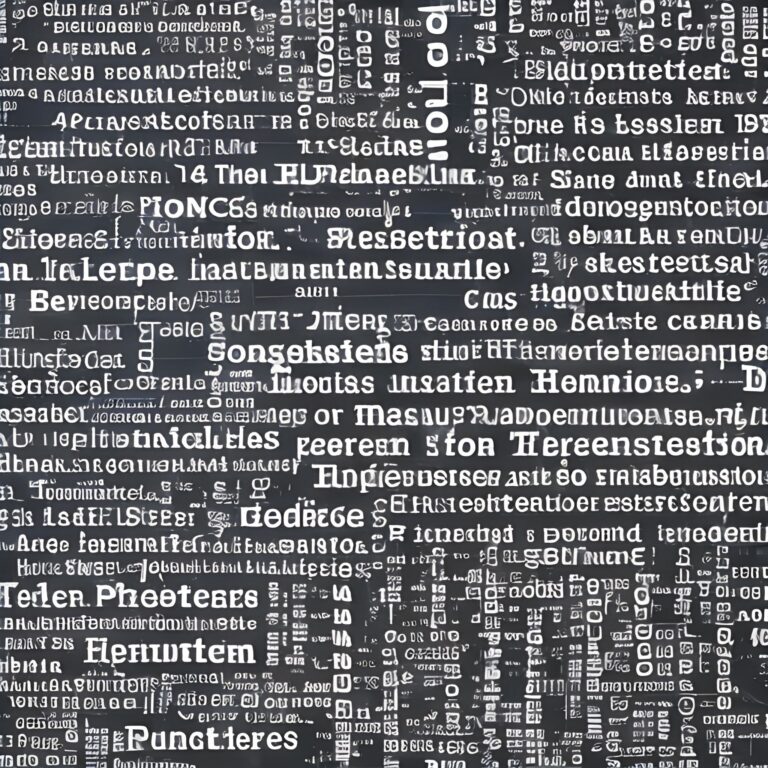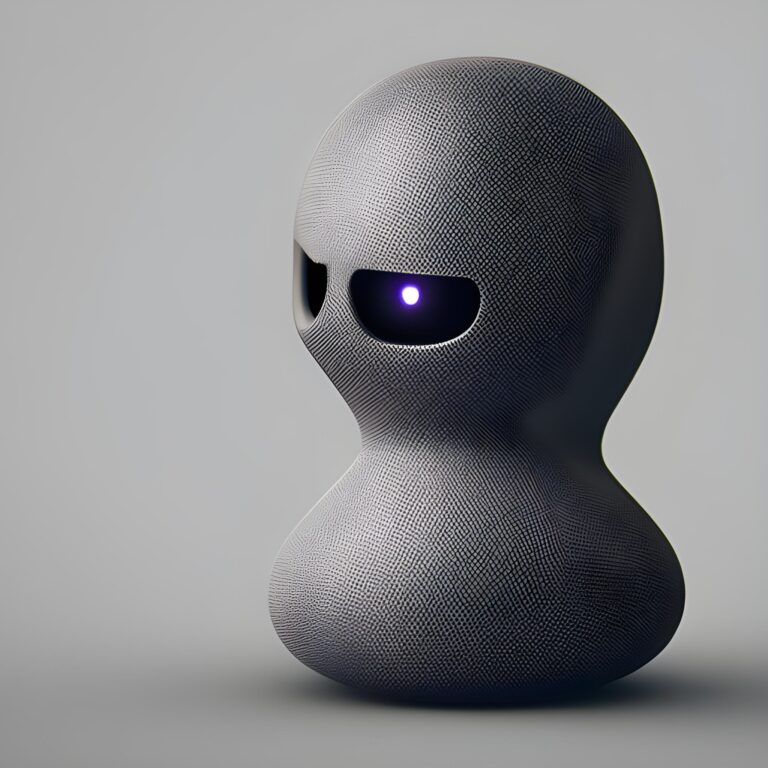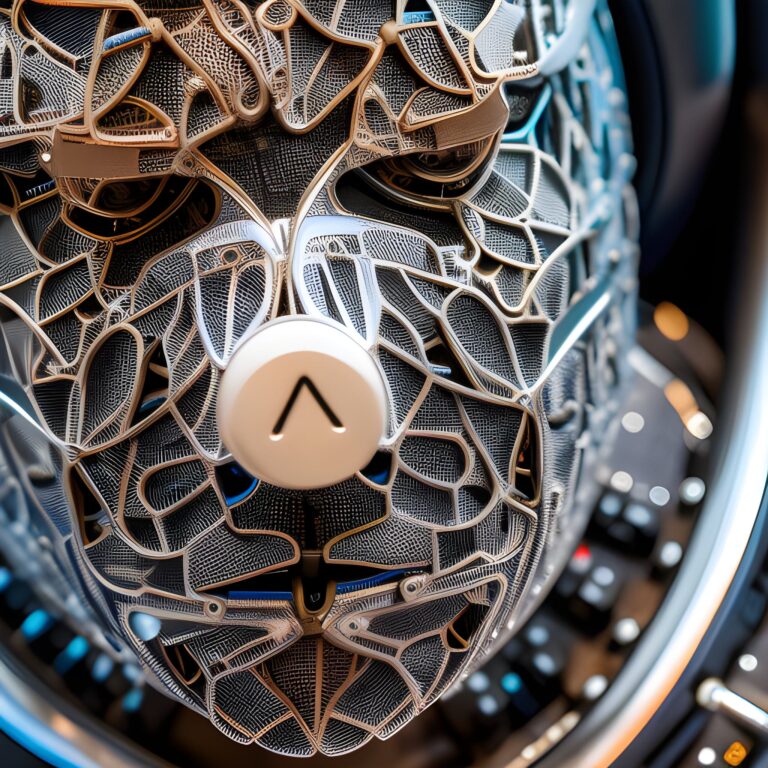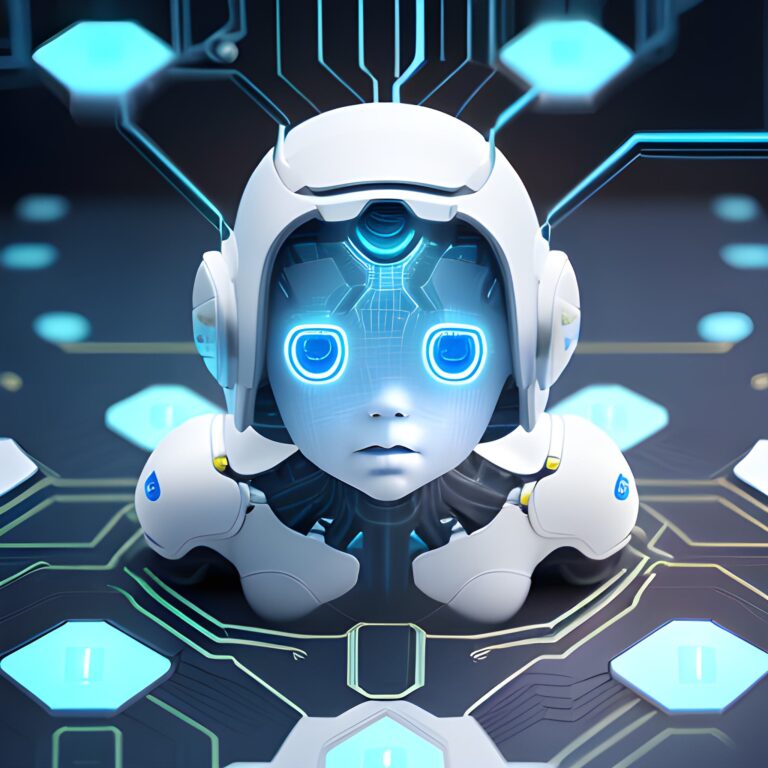AI Pioneer Geoffrey Hinton Resigns from Google, Raises Alarm Over Generative AI’s Dangers
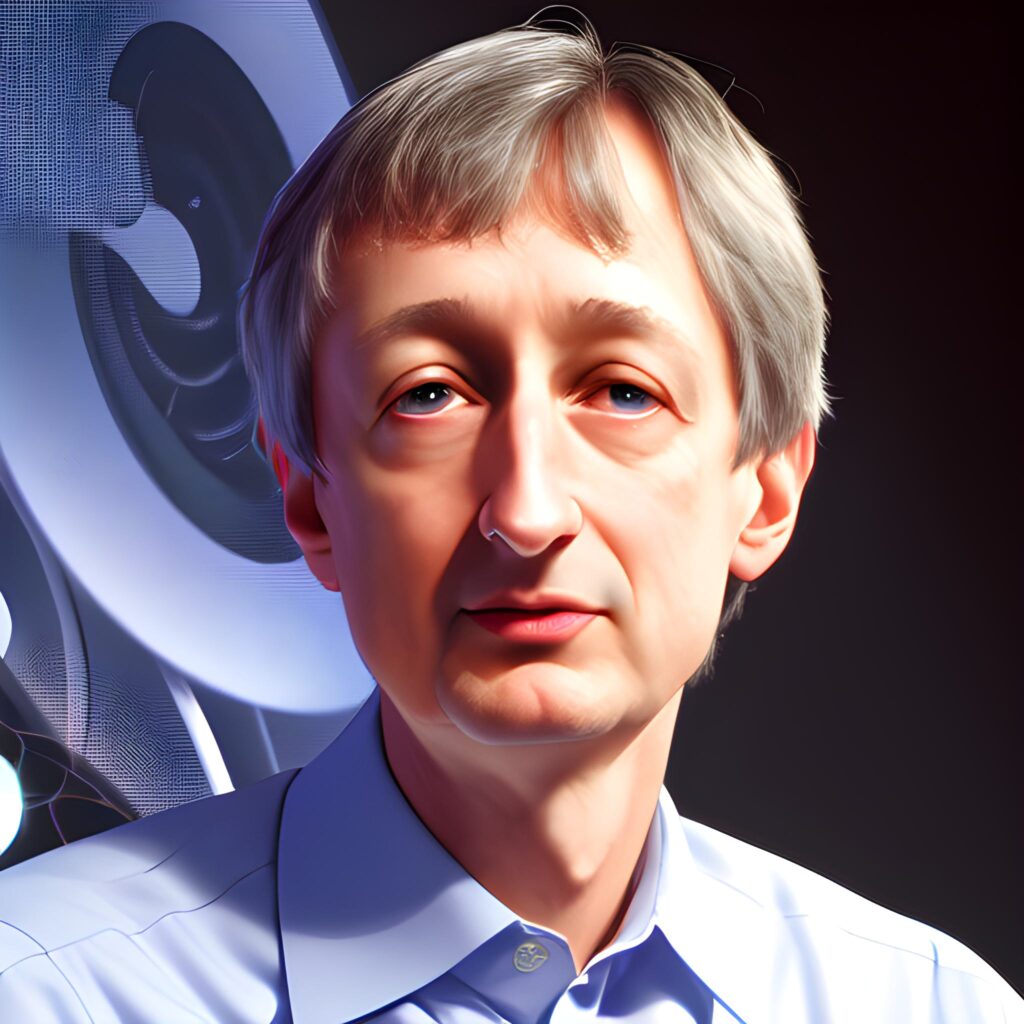
AI Pioneer Geoffrey Hinton Resigns from Google, Raises Alarm Over Generative AI's Dangers, deepleaps.comGeoffrey Hinton, the groundbreaking artificial intelligence pioneer who has long been regarded as the “Godfather of AI,” has recently resigned from his position at Google in order to speak more openly about the potential dangers posed by generative AI technology, such as ChatGPT. This surprising turn of events underscores the growing concerns within the tech industry about the possible negative consequences of increasingly powerful AI systems, which some fear could lead to widespread misinformation, job displacement, and even existential threats to humanity.
Hinton’s long and storied career began in 1972, when he was a graduate student at the University of Edinburgh. It was there that he first embraced the concept of neural networks, which are mathematical systems that can learn skills through data analysis. This idea, which was not widely accepted at the time, became the focus of Hinton’s life’s work.
Over the years, Hinton’s dedication to the field of AI led to numerous breakthroughs, such as the creation of a neural network that could identify common objects in thousands of images. This work, which was conducted with his University of Toronto students Ilya Sutskever and Alex Krishevsky, ultimately led to Google acquiring Hinton’s company for $44 million. The acquisition paved the way for the development of increasingly powerful technologies, including new chatbots like ChatGPT and Google Bard.
Despite his pioneering work in the field, Hinton now expresses deep concern over the potential dangers of AI technology, stating, “Take the difference and propagate it forwards. That’s scary.” As AI systems become more advanced, he believes that they are growing more dangerous, with the tech industry’s biggest companies potentially racing towards disaster in their aggressive campaigns to create products based on generative AI.
In March, after OpenAI released a new version of ChatGPT, over 1,000 technology leaders and researchers signed an open letter calling for a six-month moratorium on the development of new AI systems, citing “profound risks to society and humanity.” This call for caution was echoed by 19 current and former leaders of the Association for the Advancement of Artificial Intelligence, who also released their own letter warning of the risks posed by AI.
Until recently, Hinton did not publicly criticize Google or other companies, but he felt compelled to quit his job so that he could speak freely about the risks associated with AI. In an interview conducted in the dining room of his Toronto home, Hinton revealed that a part of him now regrets his life’s work, stating, “I console myself with the normal excuse: If I hadn’t done it, somebody else would have.”
Hinton’s change of heart highlights a pivotal moment for the technology industry, which is currently facing what could be its most important inflection point in decades. While some experts and industry leaders believe that new AI systems could prove as transformative as the introduction of the web browser in the early 1990s, others are increasingly concerned about the potential dangers associated with AI technology.
One major concern is that generative AI could be used as a tool for spreading misinformation, with false photos, videos, and text flooding the internet and making it difficult for the average person to determine what is true. Hinton also worries that AI technologies will eventually upend the job market, as chatbots like ChatGPT increasingly replace paralegals, personal assistants, translators, and other workers who perform rote tasks. He acknowledges that AI can “take away the drudge work,” but fears that it might also eliminate more valuable jobs as well.
In the long term, Hinton is concerned that future versions of AI technology could pose a threat to humanity, as they often learn unexpected behaviors from the vast amounts of data they analyze. This becomes a particularly pressing issue as individuals and companies increasingly allow AI systems not only to generate their own computer code but also to execute that code autonomously. Hinton’s fears extend to the possibility of truly autonomous weapons, or “killer robots,” becoming a reality, which could have devastating consequences for humanity.
“The idea that this stuff could actually get smarter than people — a few people believed that,” he said. “But most people thought it was way off. And I thought it was way off. I thought it was 30 to 50 years or even longer away. Obviously, I no longer think that.”
Many other experts, including several of Hinton’s students and colleagues, argue that this threat remains hypothetical. However, Hinton believes that the escalating competition between tech giants like Google, Microsoft, and others could spiral into a global race with potentially disastrous consequences.
Hinton contends that the race between these major tech companies may prove impossible to stop without some form of global regulation. He compares the difficulty of controlling AI technology to the challenges faced in regulating nuclear weapons, stating that it is impossible to know whether companies or countries are secretly developing AI technology.
Despite these obstacles, Hinton remains hopeful that the world’s leading scientists can collaborate on ways of controlling AI technology before it causes irreparable harm. “I don’t think they should scale this up more until they have understood whether they can control it,” he said.
Hinton’s reflections on his career reveal a growing sense of responsibility and concern about the potential dangers of AI technology. When asked in the past how he could work on something so potentially dangerous, he would paraphrase Robert Oppenheimer, the leader of the U.S. effort to build the atomic bomb: “When you see something that is technically sweet, you go ahead and do it.”
Now, however, Hinton no longer offers this response. Instead, he has become an outspoken advocate for caution and responsibility in the development of AI technology. His resignation from Google and his decision to speak openly about the risks of AI serve as powerful reminders that even those who have made significant contributions to the field must remain vigilant about the potential consequences of their work.
As the debate over AI technology continues, it is clear that the concerns expressed by Hinton and others will play a significant role in shaping the future of the industry. As AI systems become increasingly powerful and integrated into society, the need for careful consideration and regulation will only grow more urgent. It remains to be seen whether the tech industry and global community will heed the warnings of pioneers like Hinton or continue down a potentially dangerous path.
{
"prompt": "AI Pioneer Geoffrey Hinton Resigns from Google, Raises Alarm Over Generative AI's Dangers, deepleaps.com, Fantasy, Photo, Realistic, Surrealist, Cinematic, Dramatic, Fear, Horrifying, Serene",
"seed": 3068857857,
"used_random_seed": false,
"negative_prompt": "",
"num_outputs": 1,
"num_inference_steps": 25,
"guidance_scale": 7.5,
"width": 512,
"height": 512,
"vram_usage_level": "balanced",
"sampler_name": "euler",
"use_stable_diffusion_model": "Dreamshaper_3.32_baked_vae_clip_fix",
"use_vae_model": "",
"stream_progress_updates": true,
"stream_image_progress": false,
"show_only_filtered_image": true,
"block_nsfw": false,
"output_format": "jpeg",
"output_quality": 75,
"output_lossless": false,
"metadata_output_format": "json",
"original_prompt": "AI Pioneer Geoffrey Hinton Resigns from Google, Raises Alarm Over Generative AI's Dangers, deepleaps.com",
"active_tags": [
"Fantasy",
"Photo",
"Realistic",
"Surrealist",
"Cinematic",
"Dramatic",
"Fear",
"Horrifying",
"Serene"
],
"inactive_tags": [],
"use_upscale": "RealESRGAN_x4plus",
"upscale_amount": "4"
}

